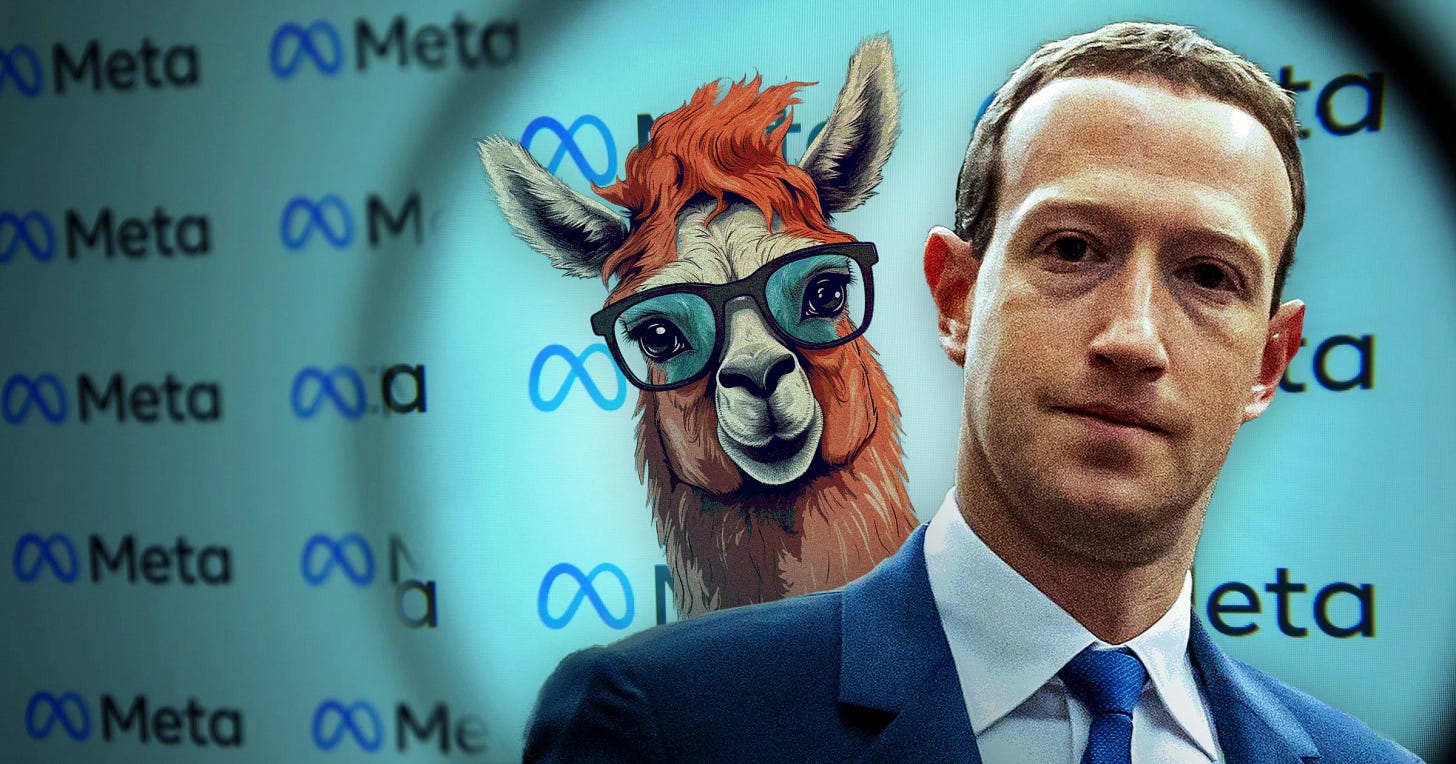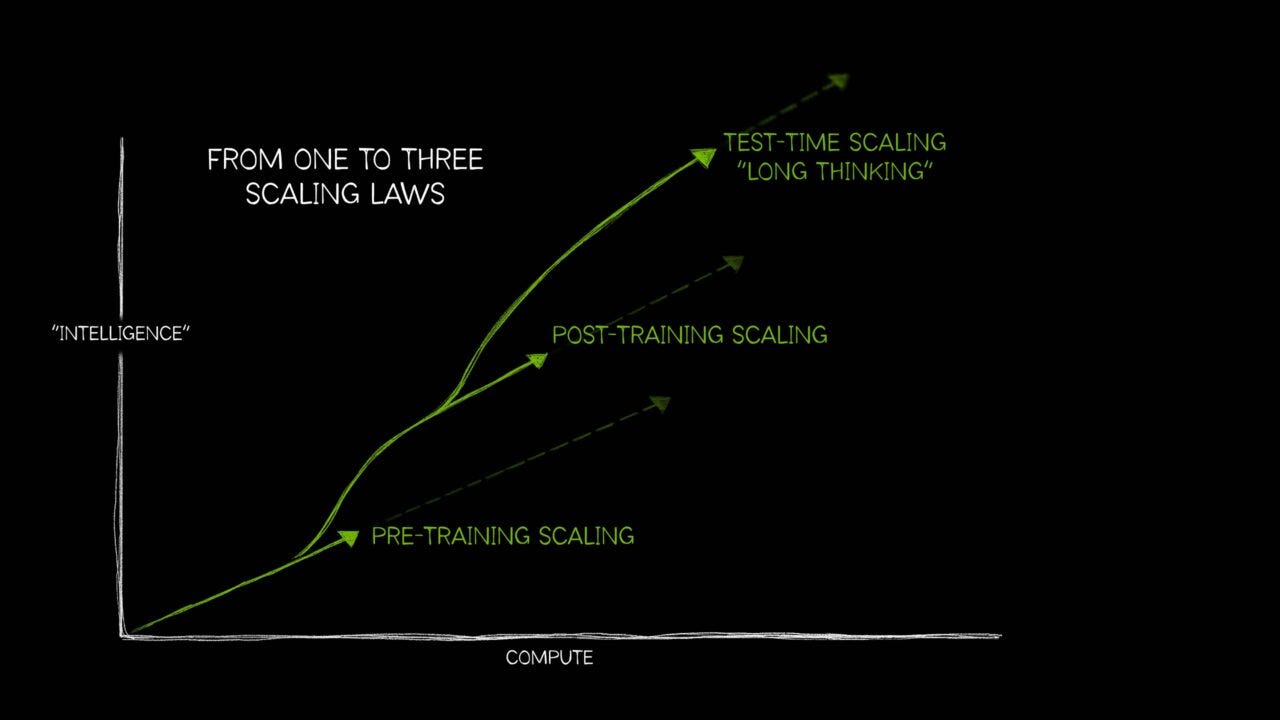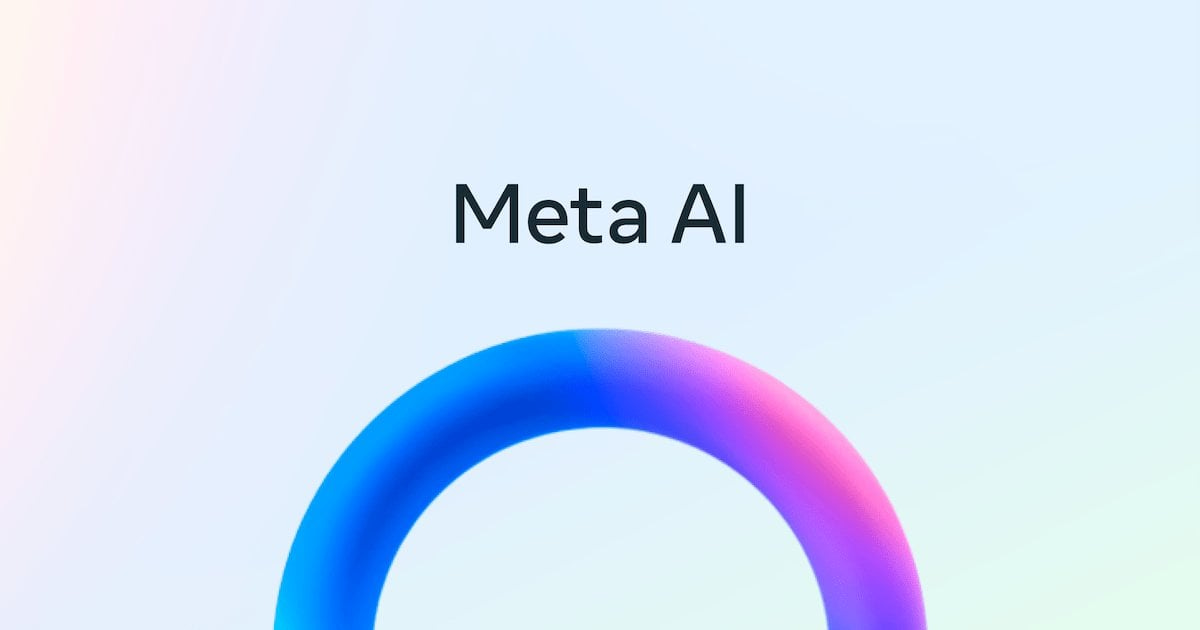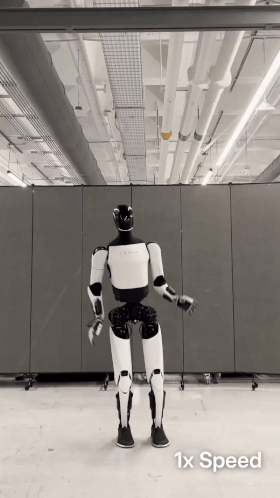
AI: The Commercial vs Academia war for AI Researchers. RTZ #845
This year has seen an unprecedented AI Talent War erupt for LLM AI companies large and small. Especially in these early days of the AI Tech Wave, as I’ve discussed earlier around Meta’s actions in particular.
The global hunt for AI Researchers is of course also hitting the source, Universities. Those that nurture and grow that critical AI talent in the first place. And it’s an important issue to the AI industry to keep in mind. As well as balance the short and longer term priorities for the health of both the research and commercial opportunities around AI.
The Information lays out the new realities well in “AI Talent Frenzy Complicates How Universities Retain, Recruit Doctoral Students”.
It starts with a representative anecdote:
“Even though applications aren’t due until December, an avalanche of emails have already hit Naomi Saphra, a soon-to-be assistant professor of computer science at Boston University who’s currently finishing up research across town at Harvard University.”
“The messages are from people eager to join Saphra as BU doctoral students and contribute to her work on natural language processing, part of the bedrock of the AI revolution. Her decision is more complicated than it would’ve been a couple years ago: She’ll weigh both their qualifications and their likelihood of sticking with the program rather than bolting quickly for a corporate AI job.”
“I see students leaving,” Saphra said with a sigh. “There’s always been better money in industry than in a Ph.D. program, but I do see a bit more concern about it” tempting doctoral students to depart early.”
Zoom out to the macro picture at large. The allure of doing AI Research work closely with the best talent clusters in the world at the top companies:
“As the frenzy to hire AI talent has intensified lately, it has overturned life in Silicon Valley—and thrown the world of advanced academia into increasing disarray, too as the allure of the corporate AI boom balloons. “I think everybody feels a little bit of the fear of missing out,” said Harvard assistant professor David Alvarez-Melis.”
“That has especially complicated even the best schools’ efforts to recruit and retain doctoral students in AI-related subjects. Like all doctoral candidates, these students form an unglamorous but essential part of academia: They make up a sizable portion of the undergraduate teaching staff and are critical contributors to advanced research led by tenured professors—the kind of work that brings prestige to a school and often supports private-sector efforts. Of course, it also means that fewer of these doctoral students become full professors.”
Which gets to the crux of the issue:
“If too many of those doctoral students leave early, it could jeopardize the system and, as MIT professor Jim Collins puts it, have companies “eating seed corn for the field,” depleting resources meant to sustain the fertile ecosystem connecting academia and the corporate world.”
The the compensation gap is getting meaningfully wider:
“A major reason why Silicon Valley is luring away postgraduates, academics like Collins say, is the simple and ever-widening gap between what doctoral students earn—computer science Ph.D.s at Harvard receive a monthly stipend of $4,205, for instance—and their potential salaries at companies, which can easily start at $1 million.”
“Examine how the convergence of cloud computing and edge AI is creating new business models and opportunities.Evaluate which emerging tech startups are best positioned to achieve unicorn status in the next 18 months, and why.Analyze the latest investment trends in the fintech sector and what they reveal about the future of finance.Forecast the next major shifts in the AI arms race and how they will impact the competitive landscape in 2026.”
Meanwhile, the financial realities are not growing expoentially at the University level:
“In 2023, Carnegie Mellon raised its minimum stipend for doctoral students from $27,000 to $30,000 a year—a fraction of salaries students could earn elsewhere.”
“Students would not expect to be paid as much as they’re paid in industry, but at some level, you have to worry about the gap getting too big,” said Vincent Conitzer, a professor of computer science at Carnegie Mellon.”
One key thing that makes this reality different than past tech wave: the need for ever-growing AI Infrastructure, aka ‘Compute’.
Needed in big gobs to make AI truly work at Scale:
“Another pull towards industry work involves two of computer scientists’ favorite words in the English language: compute power. Microsoft, Meta, Alphabet, and Meta are collectively spending hundreds of billions of dollars on AI infrastructure this year. That dwarfs the budgets of any computer science department’s GPU budgets, where grad students are often forced to scrounge for the graphics processing units required to train and run AI models. Plus, many universities are tightening their belts, making it harder for computer science departments to justify spending money on expensive facilities.”
Universities are increasingly falling behind on large quantities of ‘Compute’ due to the immense financial amounts involved.
Thus the opportunities for commercial companies to step into the gap. Often with creative ‘win-win’ options:
“Meta sometimes offers students in London, Paris, and Tel Aviv an intriguing bargain: They can join FAIR—one of its AI research labs—and simultaneously pursue a doctorate at a local university. Some of the authors of the company’s first Llama research paper, such as Hugo Touvron and Gautier Izacard, studied in this program.”
But that approach has its own set of issues:
“Several academics said these hybrid appointments are increasingly common. But some schools, like Stanford, are less willing to share professors with companies. “They don’t like that kind of arrangement, and they want people to be 100% committed to academia,” said Stanford University associate professor Stefano Ermon.”
The whole piece lays out the core reality. The AI industry is jeopordizing its ‘seed corn’ for the future in exchange for commercial realities of the near term. And at this point of AI Tech Wave, this could be a fateful bargain indeed. Stay tuned.
(NOTE: The discussions here are for information purposes only, and not meant as investment advice at any time. Thanks for joining us here)












